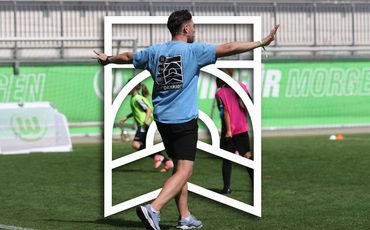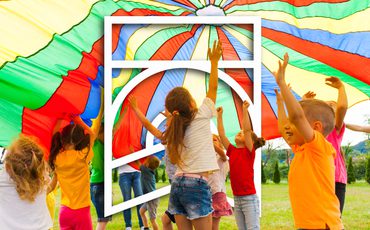Coaching for Life: Dr. Sarahjane Belton on Physical Literacy and Health in Youth Sport
In her insightful presentation, Dr. Sarahjane Belton—Associate Professor of Physical Education and Head of the School of Health and Human Performance at Dublin City University—explores the vital role of physical literacy in promoting lifelong health and well-being. Speaking as part of the ICOACHKIDS Shares series, Belton makes a compelling case for rethinking how we coach children and young people, placing physical literacy at the heart of youth sport and physical education.
Belton defines physical literacy as more than just movement competence. It encompasses motivation, confidence, physical competence, knowledge, and understanding that empowers individuals to value and take responsibility for engaging in physical activities throughout life. In other words, it’s not just about being able to move well—it’s about wanting to move, enjoying movement, and understanding its benefits.
A key message in her talk is that early intervention is critical. Belton draws on findings from large-scale projects like Moving Well-Being Well, which showed that developing fundamental movement skills in early childhood significantly improves children’s confidence and motivation to be active. These foundational experiences shape attitudes toward physical activity that can last a lifetime.
Belton also emphasizes the interconnectedness of physical, psychological, and social health. She explains that physical literacy supports not only cardiovascular fitness and motor skills but also mental well-being, self-esteem, and social inclusion. When children feel competent and confident in their bodies, they are more likely to participate in sport, connect with peers, and develop a positive self-image.
For coaches and educators, Belton offers a clear call to action: shift the focus from performance to participation. Rather than prioritizing competition or elite pathways, she urges practitioners to create inclusive, supportive environments where all children—regardless of ability—can experience success and joy in movement.
She also highlights the importance of coaching with empathy and intention. Coaches should recognize the diverse needs of young people and tailor their approaches to foster autonomy, belonging, and competence. This means using games, challenges, and activities that are fun, developmentally appropriate, and designed to build confidence as much as skill.
Belton concludes with a powerful reminder: physical literacy is a lifelong journey, and coaches play a pivotal role in setting young people on the right path. By embedding physical literacy into every session, we can help children not only become better movers but also healthier, happier, and more active citizens.
You can watch the full presentation below
Comments
Related Pages



The presentation reveals the role of physical literacy on health, building habits for sustainable sports practice, well-being and self-acceptance.